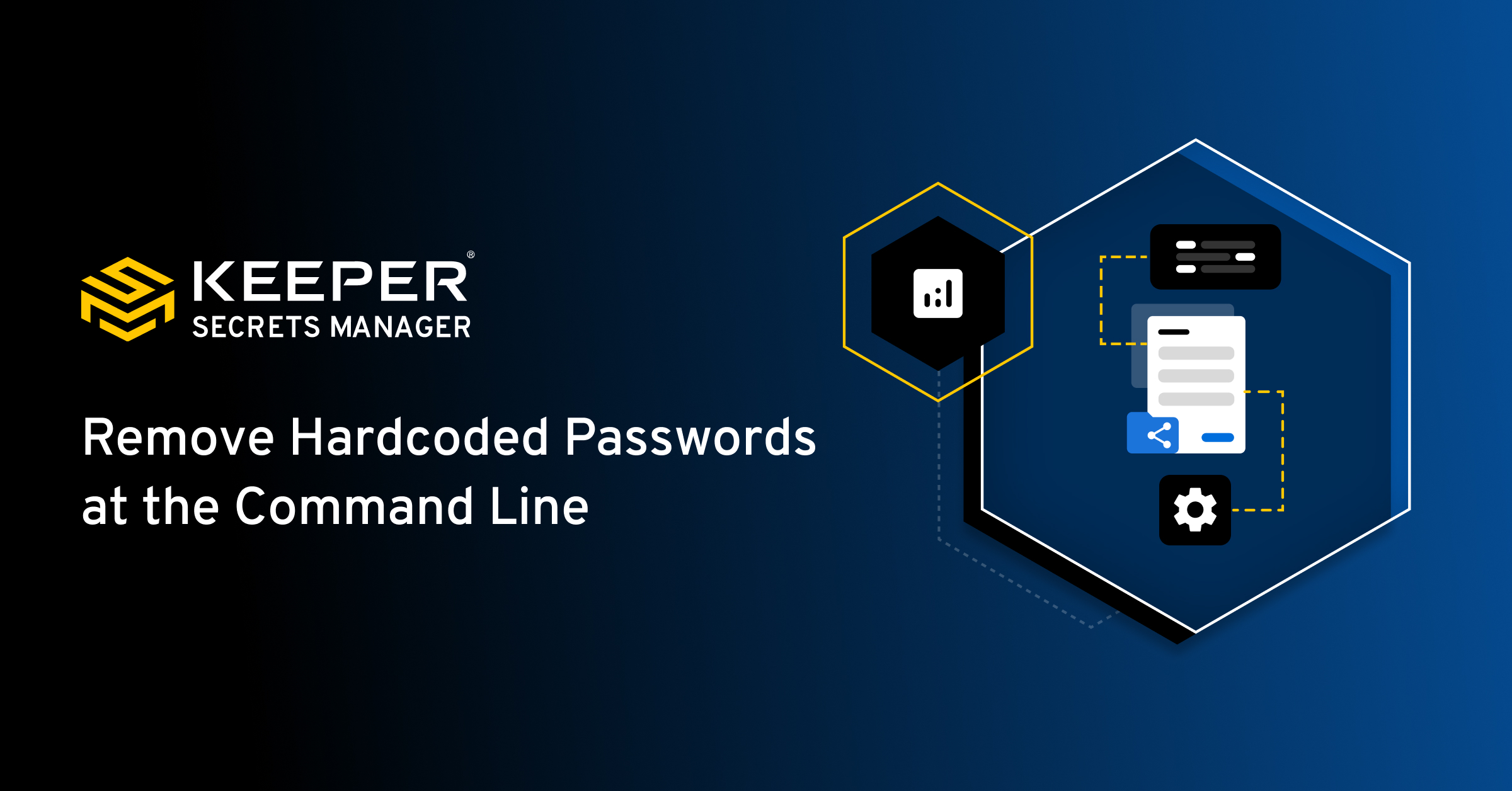

Although, people with access to the machine can see them. If you have a “secured” machine with restricted access you can just save passwords in environment variables.

You would need to manually start the application Saving passwords in environment variables
#HARDCODED PASSWORD PASSWORD#
This is nice, since the password isn’t stored anywhere, you depend on a user to type the passwords as an argument when starting the application, this can be bad, if the server reboots by any reasons. Feeding passwords to the application through the command line args To manage passwords on the backend there are some different techniques you can use, some more secure then others. This is how you should proceed for almost scenarios.

The desktop/client-side app communicates with your service and the webservice calls facebook app. You have a webservice that does that part. If you think you need to store some password that is not from the user, you are doing something wrong… If you have for example a Facebook app and you need to have the app id, you should not hardcoded it. Now that we understand this lets see how on a server side app we can store and use passwords On a Desktop Application So if you plan to send a binary file to an user, with an hardcoded password you are doing it wrong. Now we can use a tool called jd-gui to easly reverse engineer the.
#HARDCODED PASSWORD CODE#
Take a look at this super complex C code that just has an hardcoded password: Theory aside lets see some examples on how this can be “exploited” and prevented. Retrieving an hardcoded password from a binary With some luck it can find a file that has hardcoded credentials, and again, depending on the scenario he could even login with those credentials on the service. Let’s assume an attacker finds path traversal in your website. But if this is a desktop application the user can eventually get a hold on the password.īut there are much more scenarios why you should not hardcode passwords. Its not as bad if its a web application deployed on your server, for example.
#HARDCODED PASSWORD SOFTWARE#
The deployed version of the software will also have the keys hardcoded. I see this problem on almost all projects I review. Honestly I never tried this tools, but don’t need to use them to know that you will find a lot of results. A simple google search can give a good list:Īnd you can even use github dorks to find passwords: github-dorksīut you can use these techniques to help you preventing commits with passwords as well :) If you are concerned with Heap Inspection its also bad.Īs you can imagine there are tons of tools to search, for example, in github to find passwords commited in the code. If you share source control between all the developers, if you open source the project, everybody with access to it can see those credentials, and depending on the scenarios use them to login on a service. Hardcoded passwords, (and when I say passwords I mean credentials, not just passwords) get into source control. Lets start by the most straightforward scenario.

Hardcoded passwords… This is a problem quite common, and most of the projects that I get my hands on have a hardcoded password somewhere.īut, what’s the problem of having for example the password of the database in the code?


 0 kommentar(er)
0 kommentar(er)
